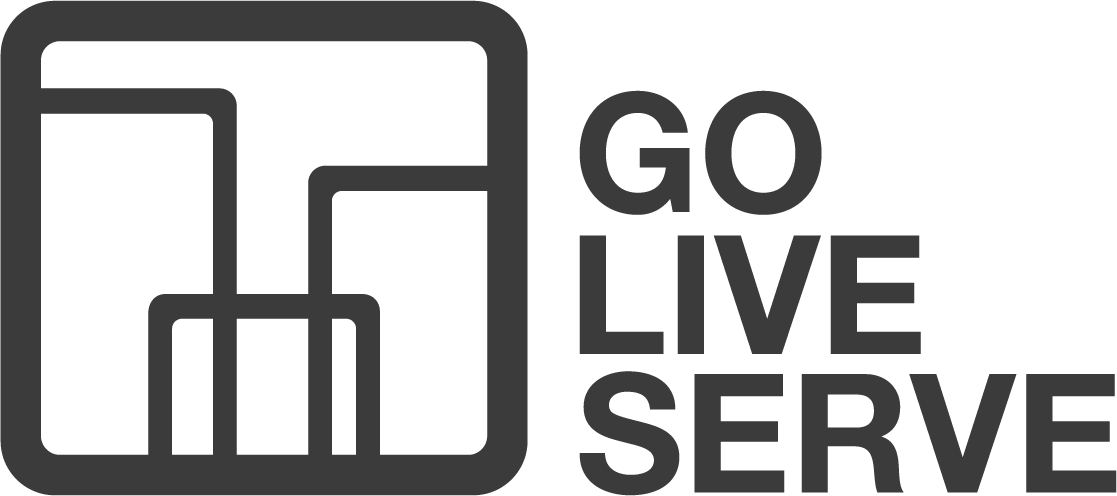NEW SILK ROAD -- BOON OR BANE?
China's One Belt One Road (OBOR) vision promises to revive the Ancient Silk Road with a vast network of trade routes linking China with Central Asia, the Middle East, and Europe, serving as a conduit for diplomacy and economic expansion.
To what extent and how quickly OBOR will achieve its objectives is unknown. Regardless, this Titanic of the Chinese Dream has sailed. The July 2016 Economist devoted three pages to discuss its geopolitical and economic significance.
OBOR projects are colossal. A total of $4 trillion in investment will impact 60+ nations that represent two-thirds of the world's population and a quarter of the global economy. It could possibly be the most important economic expansion of this century.
As the centerpiece of China's foreign policy, OBOR will expand China's commerce and soft power, and establish her long-term presence among many developing nations. This new trading bloc with China as the focal point will counterbalance America's influence in the trans-Atlantic trading bloc with Europe and the trans-Pacific one with Asia. OBOR will advance China's goal of becoming a global power.
She is therefore in high gear institution building, mobilizing government and party organizations as well as state owned enterprises at all levels. The China-led Asian Infrastructure Investment Bank will finance massive projects including gas pipelines and rail links across Central and West Asia--the heart of the 10/40 Window.
Would China's ambitious plan be boon or bane for OBOR nations? Given the immensity of the task, the multiplicity of cultures, and the complexity of the region's geopolitics, results will likely be mixed. But one thing is sure: peoples and societies of countries along the New Silk Road will be changed just as China's Open Door policy from the 1980s had unleashed sea changes for the Chinese people.
China's meteoric economic growth has lifted millions out of poverty, given rise to a robust middle class, and hundreds of Chinese billionaires on Forbes' Rich List. But it has also created chasmal divides in society, alarming environmental problems, corruption, social inequities and a moral vacuum that are threatening the very fabric and soul of the nation.
Maybe to a less dramatic degree, these things could also happen along the New Silk Road. OBOR runs through many 10/40 Window Muslim background countries. Many are poor and weak. Few are stable. If economic development and international trade are going to change this part of the world, then Christian professionals and businesspeople are urgently needed to be part of the action, to bring not only their knowhow and skills, but more importantly, their commitment to strong ethics and the common good, and their witness to the gospel of Jesus Christ.

